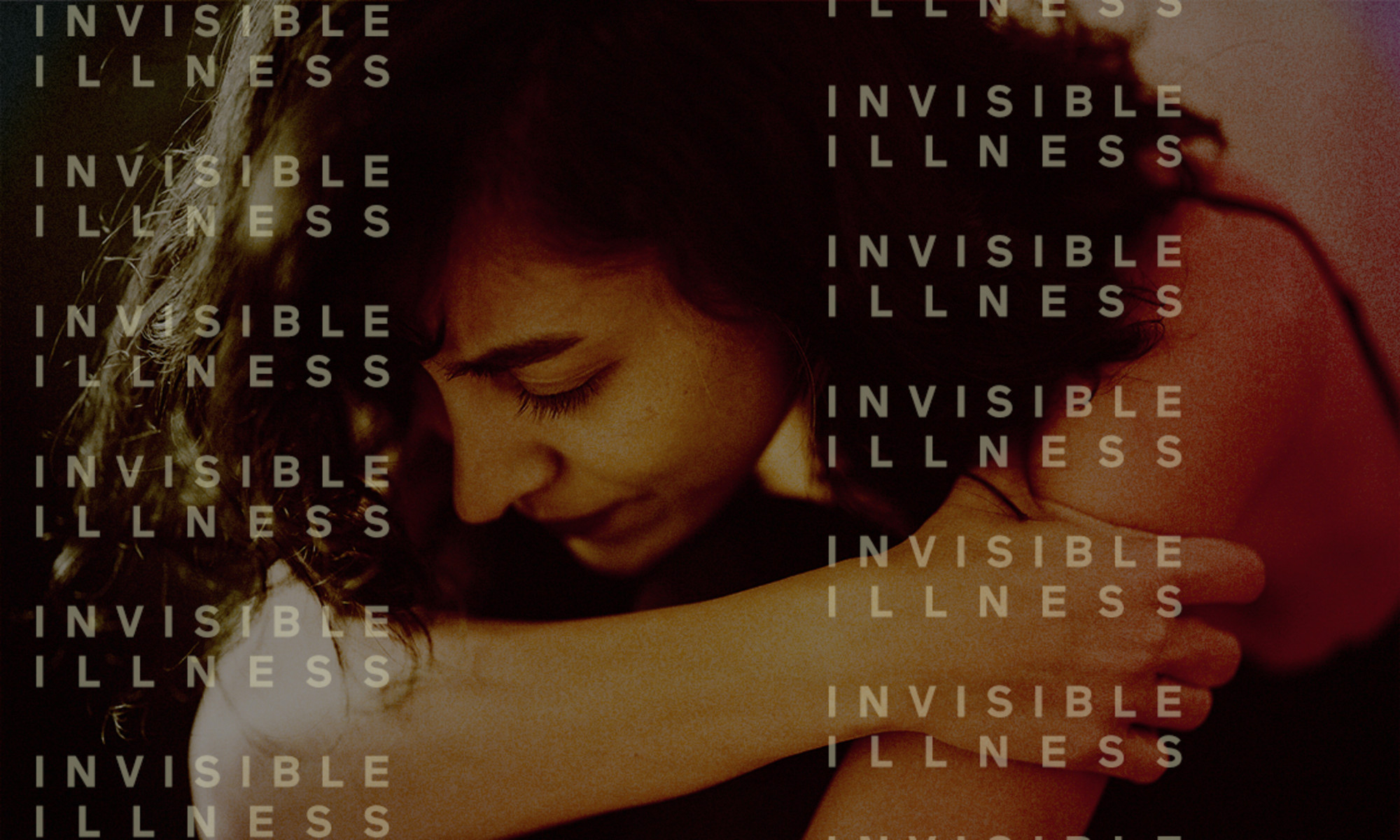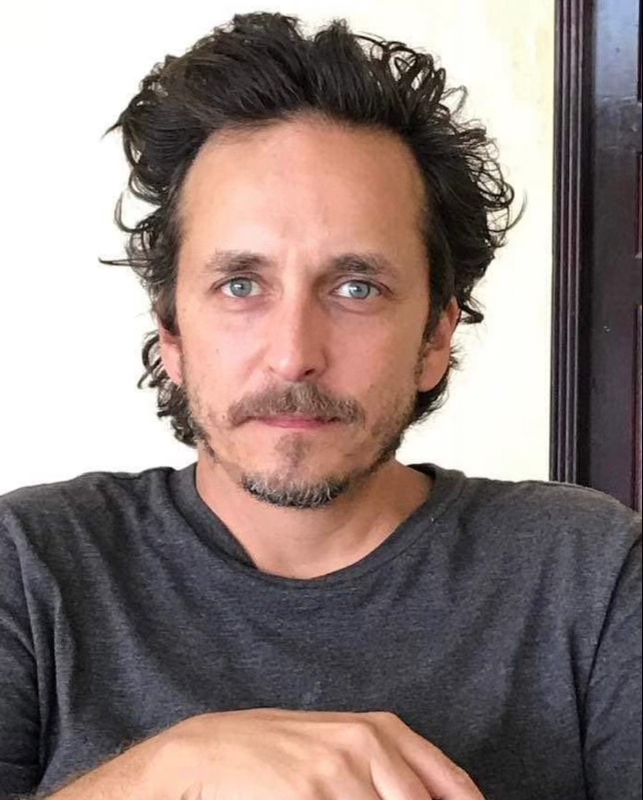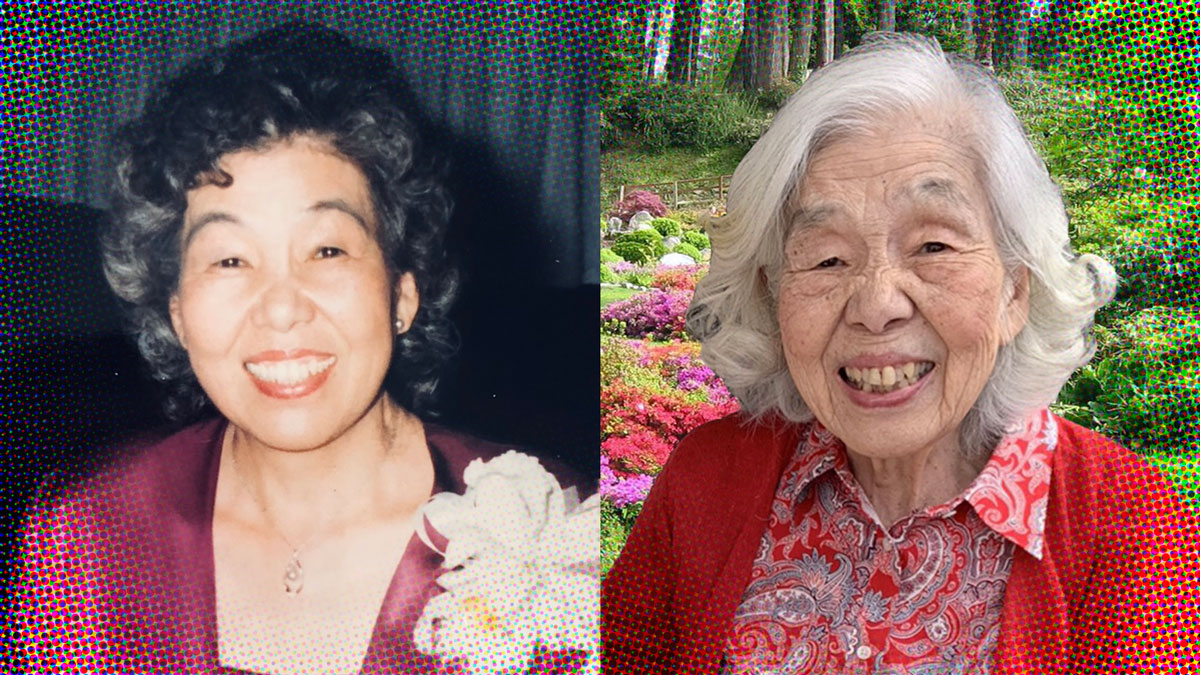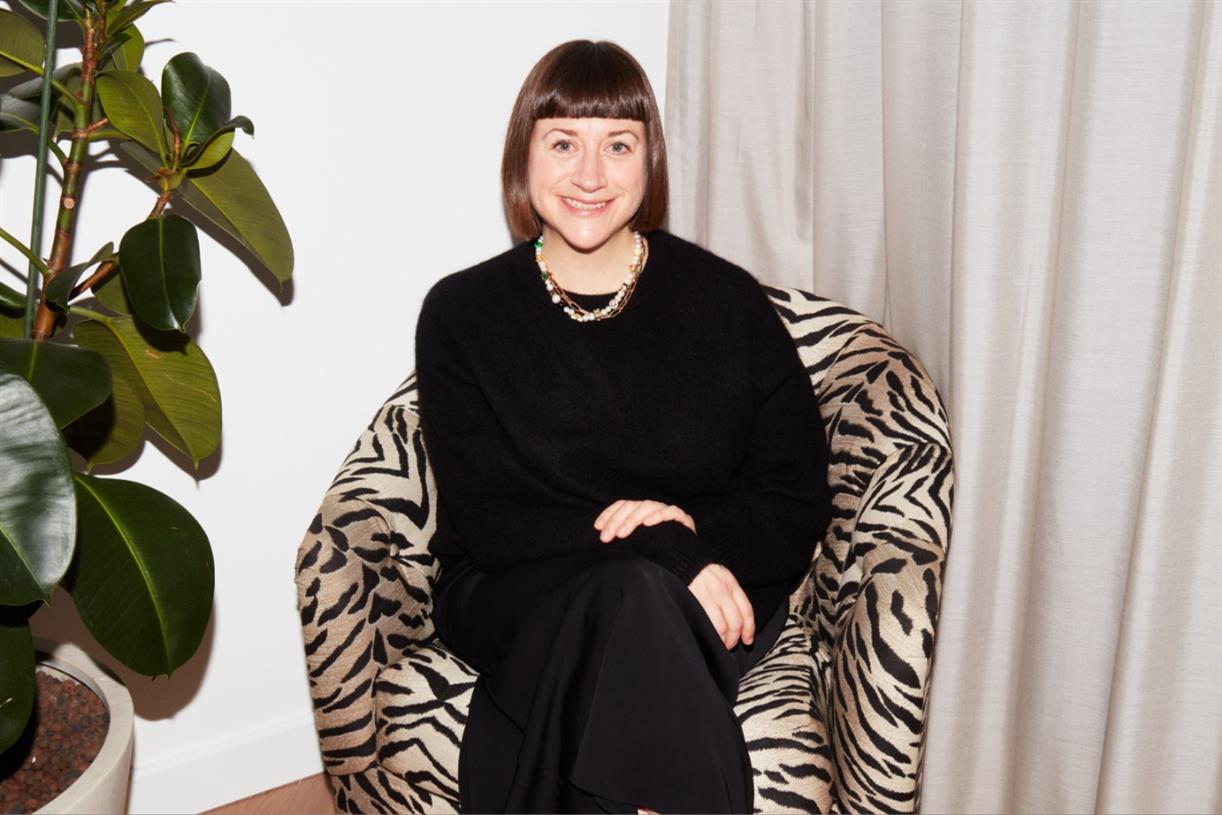I Struggled To Manage My Depression & OCD For Years — Until I Found This Therapy
Though less well known than talk therapy, DBT is a modality that combines elements of cognitive behavioral therapy, interpersonal systems, and mindfulness.

Health Writer
Health Writer
Caitlyn Somers is a UCLA graduate and a Digital Producer for Us Weekly.
August 12, 2023 While some health issues are visible to the outside world, many people face chronic conditions that don't have externally visible signs or symptoms—also known as invisible illnesses. In this mindbodygreen series, we're giving individuals with invisible illnesses a platform to share their personal experiences. Our hope is their stories will shed light on these conditions and offer solidarity to others facing similar situations.
Advertisement
This ad is displayed using third party content and we do not control its accessibility features.
Trigger Warning: This article describes assault and suicidal ideation. When I was 15 years old, my whole life changed. Unfortunately, I don’t just mean that I finally got my driving permit or started high school—instead, I found out that I had stage 3 Hodgkin’s Lymphoma. Doctors' appointments and chemotherapy treatments quickly began to fill my time. Because I was so focused on just simply surviving, I didn’t really begin to feel how my entire journey had on my mental health until after completing treatment. I struggled with severe health anxiety and depression. I did go to talk therapy occasionally, but mentally I never fully healed from what I had gone through. How I found recovery in a whole new way
Flash forward to the beginning of college. I started my freshman year at UCLA in 2018, and I had never been more excited for anything in my life. Like most 18-year-olds, I thought it was a chance to reinvent myself and start over. However, one month after I started school, I was sexually assaulted, and it sent me into a deep spiral.
Instead of reaching out for help, I isolated myself in my dorm room and refrained from telling anyone what had happened to me. Even though I was in such a negative headspace, I entered an unhealthy relationship that left me feeling more alone and ashamed than ever.
All of this compacted on to the trauma I experienced when I was sick led to me self-harm and eventually attempt to take my own life. During this time, I was diagnosed with clinical depression, PTSD, and OCD. I began going to talk therapy regularly, but I needed more support than I was getting.
This was when Dialectical Behavior Therapy, better known as DBT, was recommended to me.
I had no idea there were even multiple types of therapy before I started DBT. However, there are actually five unique categories of therapy recognized by the American Psychological Association: psychoanalysis, behavioral therapy, cognitive therapy, humanistic therapy, and integrative or holistic therapy.
According to psychologist Lauren Kerwin, Ph.D., DBT is “a treatment that blends humanistic interpersonal systems, zen philosophy, and cognitive behavioral approaches into a coherent whole that helps clients not only survive but learn the skills necessary to build a life worth living.”
In other words, DBT helps people learn new ways to manage their emotions rather than just talking about their experiences. It was helpful for me to learn about tangible skills I can actually use in my everyday life.
Advertisement
This ad is displayed using third party content and we do not control its accessibility features.
What I learned from my experience with DBT
My thoughts don’t define me
For so long, I wouldn’t even question my negative thoughts; I would just believe them. For example, if I made a mistake and told myself “I am a horrible person who deserves to be punished,” I was convinced it was the truth. It made me feel horrible because for so long I let my thoughts determine how I viewed who I was as a human being.
After going to DBT, I was given the tools to question whether my thoughts were true or just something that I made up in my mind. I started to become more aware of my negative thoughts and realized that’s all they were: just thoughts.
Yes, I do still have really negative thoughts, but now I can pick apart if they are backed up by evidence or if they are just judgments I have. If it wasn’t for DBT, I would still be letting my thoughts control everything I did, which is just not a healthy or enjoyable way to live for anyone.
Advertisement
This ad is displayed using third party content and we do not control its accessibility features.
It is possible to replace my harmful coping skills with more positive ones
Before DBT, I was really struggling with self-harming. When I made a mistake, my first urge was to hurt myself. Even if I didn’t want to self-harm, my emotions felt out of my control and I felt like there wasn’t anything I could do about it.
As much as I talked about tools I can use to stop self-harming with my talk therapist when it came down to the moment I needed to use them, it didn’t feel like enough. Like, how was I supposed to go read a book when I had an intense urge to hurt myself?
In DBT, we are taught specific skills to use in the moment when we are experiencing intense emotions. For example, now when I have the urge to hurt myself, I immediately grab a piece of ice or turn my fan onto the highest setting. It took me a while to actually utilize these skills. However, once I did them more often, they got easier for me.
It’s okay and necessary to speak up for my needs
I went through most of my life constantly afraid of standing up for myself for fear of causing someone else to get upset. My own needs were often disregarded to please others, which I came to realize was a major problem in my life.
Advertisement
This ad is displayed using third party content and we do not control its accessibility features.
We can’t just go through life expecting other people to know what we want from them.
DBT taught me that we deserve to set boundaries and speak up for what we need from other people. If we don’t say something, then how will other people know when something is wrong? We can’t just go through life expecting other people to know what we want from them.
Even though I was afraid to set boundaries and confront someone about an issue, when I started to do it more often, it became easier and more natural. In fact, people are a lot more understanding once you say something instead of brushing things under the rug.
How to know if DBT is right for you
Overall, DBT has changed my life for the better. It gave me helpful tools that I have been able to utilize throughout all aspects of my life. If it weren’t for DBT, I probably would not have grown so passionate about the importance of mental health. If you are experiencing severe depression, self-harm, an eating disorder, addiction, or bipolar disorder and feel like you’re not getting the support you need—know that you’re not alone, and there are people who can help.
Advertisement
This ad is displayed using third party content and we do not control its accessibility features.

 Koichiko
Koichiko 































